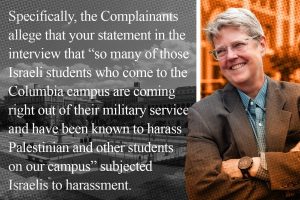In recent years, the importance of providing culturally competent counseling to students has gained increasing recognition in the field of mental health. As our society becomes more diverse and multicultural, it is crucial for counselors to be able to understand and effectively respond to the unique needs and experiences of individuals from different cultural backgrounds.
One key aspect of providing culturally competent counseling is recognizing and respecting the importance of culture in a person’s life. This means understanding that culture shapes how individuals perceive and experience the world around them, including their values, beliefs, and social norms. By recognizing and validating the cultural identities of students, counselors can create a safe and inclusive space where students feel understood and supported.
Additionally, culturally competent counseling involves being aware of one’s own cultural biases and assumptions. Counselors must be willing to examine their own beliefs and attitudes towards different cultural groups, and be open to learning about the cultural backgrounds of their clients. By being aware of their own biases, counselors can avoid making harmful assumptions or judgments based on cultural stereotypes, and can instead approach each student with sensitivity and empathy.
Another important aspect of providing culturally competent counseling is being knowledgeable about the cultural norms and values of the students they are working with. This includes understanding the impact of factors such as religion, family dynamics, and social status on a student’s well-being. By taking the time to learn about a student’s cultural background, counselors can tailor their interventions and support services to better meet the student’s needs.
It is also important for counselors to be aware of the potential barriers that students from diverse cultural backgrounds may face when seeking mental health support. These may include language barriers, immigration status, or stigma associated with seeking help. By addressing these barriers and providing culturally sensitive support services, counselors can help ensure that all students have access to the resources they need to thrive.
In conclusion, providing culturally competent counseling is essential for promoting the well-being of students from diverse cultural backgrounds. By recognizing and respecting the cultural identities of students, addressing their unique needs, and being aware of their own biases, counselors can create a safe and inclusive space where students feel supported and understood. By making a commitment to cultural competence, counselors can help ensure that all students have access to the mental health support they need to succeed in school and in life.



